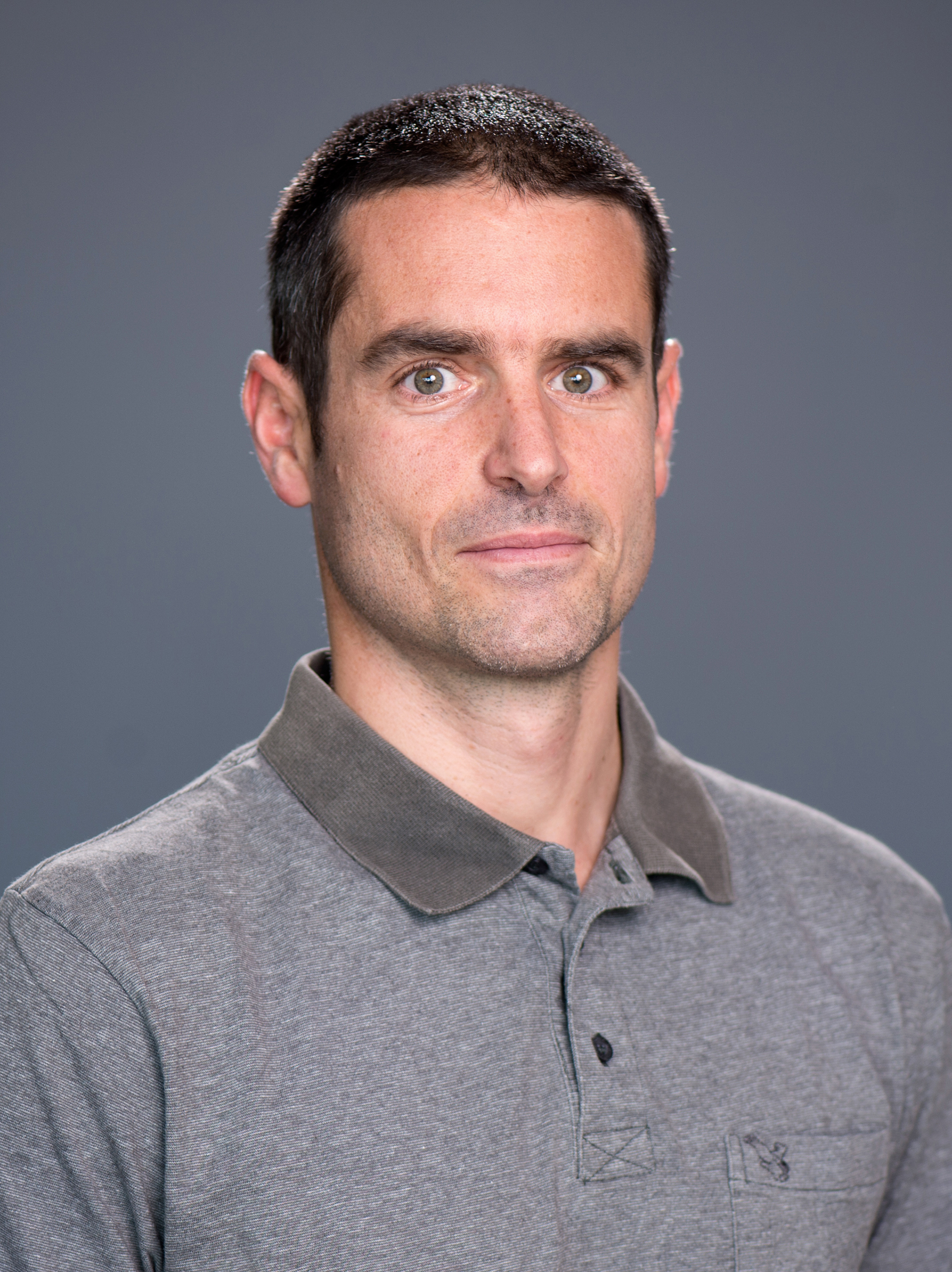The integrative biology of exercise lab is affiliated to the Institute of Sport Sciences of the University of Lausanne (ISSUL). Some of our works require mechanistic investigations, which are conducted at the Department of Biomedical Sciences (DBS) of the University of Lausanne. Here we detail the two main focuses of our laboratory with a direct relationship to the works performed at the DBS.
Neuromuscular plasticity in response to exercise and disease
Skeletal muscles are force generators allowing interaction of the organism with the environment. In our lab we combine both integrative and mechanistic approaches to delve deeper into the mechanisms underlying neuromuscular adaptations in response to acute (fatigue) and chronic exercise (training) or pathology, as muscle weakness is central to the large majority of chronic diseases. We use techniques such as voluntary / transcutaneous electrical stimulation combined with recordings of muscle force and electromyographic activity to distinguish central (neural) from peripheral (muscular) adaptations. We also use in vitro models (e.g. isolated mouse and human muscle fibers, human muscle biopsy analysis, cell culture) to determine the cellular/molecular mechanisms underlying what can be observed in exercising humans or patients. Various approaches including Ca2+ imaging, force measurement from mouse isolated muscles, electrical stimulation of cultured cells or high resolution respirometry are adopted as part of our translational approach.

Examples of ongoing projects:
- The role of the ryanodine receptor in skeletal muscle metabolic adaptations to sprint interval exercise
- Skeletal muscle mitochondrial adaptations to sprint interval training in hypoxia
- The role of the ryanodine receptor in inflammatory and mitochondrial myopathies
- Wide pulse neuromuscular electrical stimulation: underlying mechanisms and potential applications in the clinics
- Investigation of the mechanisms of muscle cramps
Modulation of mitochondrial function by variation of oxygen levels
Changes in oxygen levels have pronounced effects on cells and organ-systems and thus a pronounced therapeutic potential for various diseases. We are particularly interested in cellular and systemic adaptations in response to hypoxia (by itself and combined with exercise) with a focus on brain, vasculature and muscles. Changes in cellular physiology in conditions of hypoxia notably revolve around mitochondrial function, a central topic of our research.
We aim to put the findings on molecular mechanisms in context with observations from our analyses of epidemiological datasets and experiments with human subjects. For these latter approaches we have a strong interest in mitochondrial health and the modulation thereof by aging, exposure to hypoxia and/or exercise.
Ongoing projects include:
- Investigation of mitochondrial function and mobility under conditions of varying oxygen levels in brainderived cell-lines; implications for neurodegenerative diseases
- Epidemiological analyses of morbidity and mortality in association with altitude exposure, with a special focus on cancers and neurodegeneration
- Epidemiological analyses of the modulation of mitochondrial health by exercise and high altitude exposure in the context of the COVID-19 pandemic
Grégoire Millet, Associate Professor
 |
My research is based on a translational approach (molecular to systemic responses - animals & humans - mechanistic to clinical) on the preventive or therapeutic effects of hypoxia on muscular, vascular and cerebral functions in various pathologies (obese, PAD, hypertensive, preterm-born or elderly patients). Lastly, we developed some new hypoxic training methods in endurance and team-sport athletes. I work also on the optimization of exercise prescription and on the mechanical -physiological coupling in sport locomotion. I have been working in France, UK, HongKong, Qatar but am now in Lausanne since 2008 |
Nicolas Place, Associate Professor
|
|
After five years spent in Geneva at the institute of movement sciences and sports medicine, I joined the Institute of Sport Sciences of the University of Lausanne in 2013. My research focuses on neuromuscular plasticity with a special interest in muscle weakness. Further insights into skeletal muscle adaptations to exercise are ongoing with a translational approach combining measurements in humans and in vitro models. |
Jérémy Vidal, laboratory technician
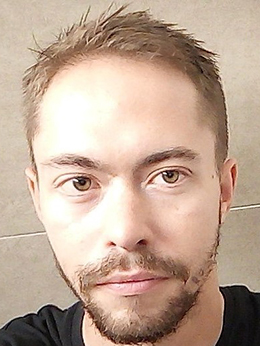 |
I obtained my diploma as a technician in biomedical analyses in 2015 at ESsanté in Lausanne. After various professional experiences in the medical and food safety fields, I joined the Kayser-Place’s research group in 2020 as a laboratory technician where I am involved in laboratory management and research projects. |
Nadège Zanou, MD, PhD, MER suppléante
 |
I am a M.D., Ph.D., specialist of skeletal muscle physiology and pathophysiology. I got my Ph.D at the catholic University of Louvain in Belgium in 2012 followed by a research associate fellowship obtained from the Belgian National Foundation for research. I then joined the University of Lausanne in 2015 as a First Assistant. My research uses a translational approach to investigate the cellular and molecular mechanisms of skeletal muscle metabolic adaptations to sprint interval exercise, and the pathophysiology of inflammatory and mitochondrial myopathies. From 2020, I am a substitute senior lecturer at ISSUL/FBM. |
Johannes Burtscher, PhD, first assistant
|
Before joining Prof. Grégoire Millet’s group as a first assistant, Johannes Burtscher finished a PhD in Neuroscience at the Medical University of Innsbruck and then moved to the Ecole polytechnique fédérale de Lausanne as a postdoctoral fellow. His main areas of interest are brain energy metabolism (in particular mitochondrial physiology and pathology) and hypoxia and their roles in aging and neurological diseases |
Chris Donnelly, PhD student
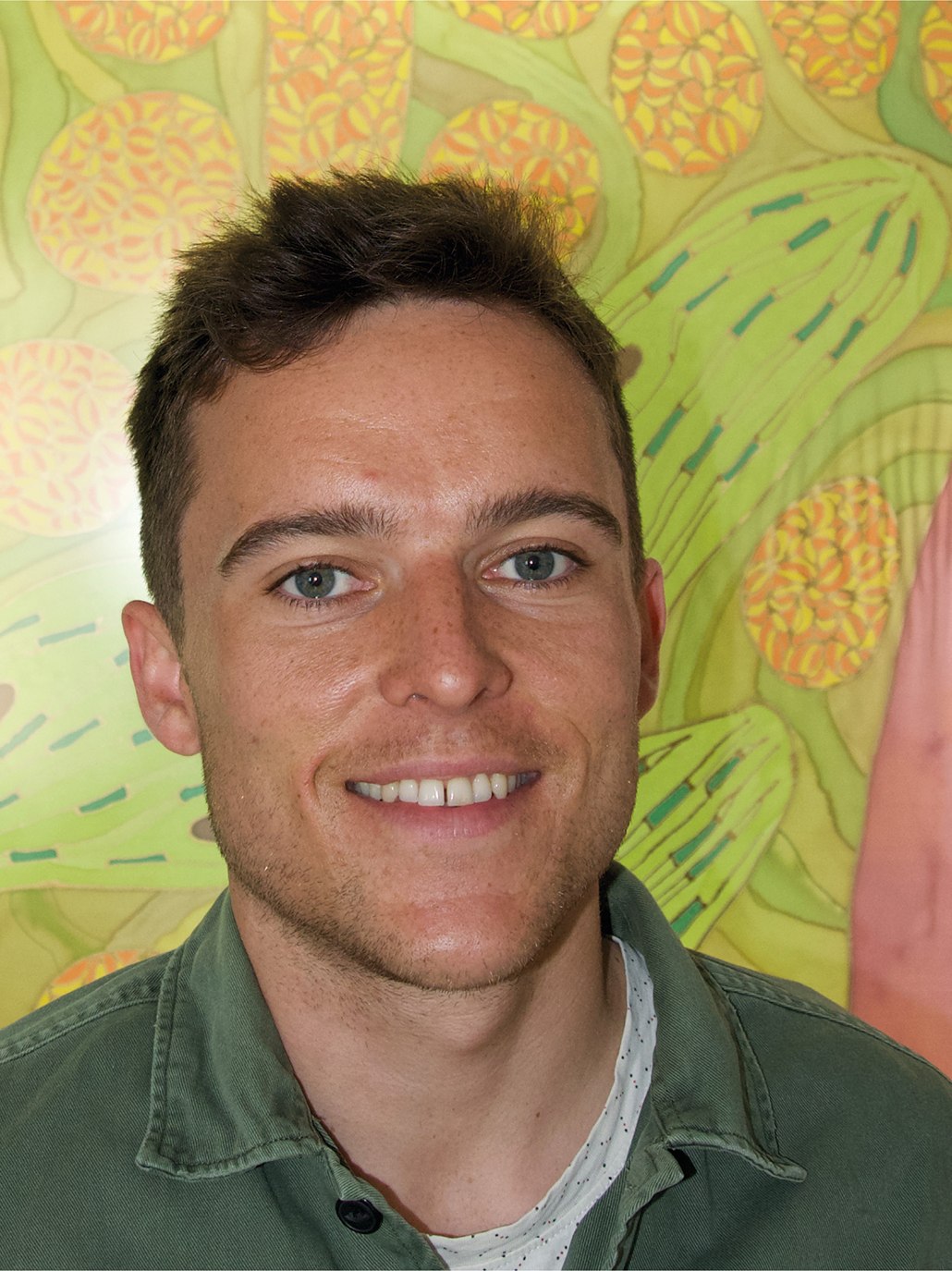 |
Chris obtained his BSc (Hons) in Sport and Exercise Science from The University of Stirling, Scotland and MSc in Sport Nutrition from Liverpool John Moores University, England. He is a PhD student investigating skeletal muscle adaptations to exercise in hypoxia. Currently, he is an FNS Doc.Mobility Fellow developing his thesis project at the laboratory of Professor Erich Gnaiger (Oroboros Instruments) in Austria |
Giuseppe Sirago, PhD, first assistant
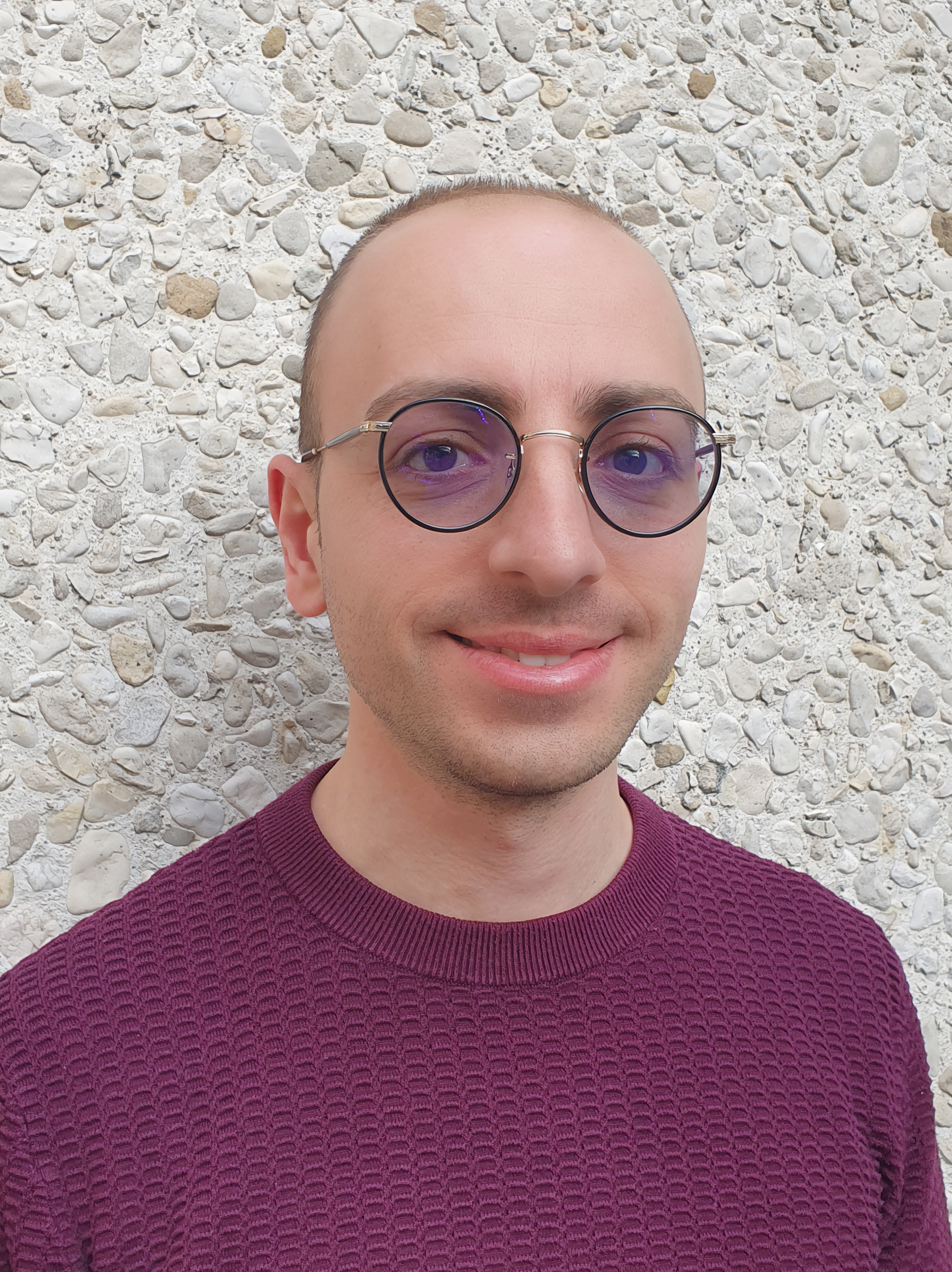 |
Giuseppe Sirago defended his PhD at the University of Bari (Italy), studying non-peptidic analogues of the growth hormone secretagogues to prevent cachexia in animal model. He focused his attention on mitochondrial metabolism, autophagy, oxidative stress, and molecular pathways at the base of tissue deterioration. Afterwards, he moved at the University of Cambridge (England) as research associate. He contributed on the discovery of the biochemical function of the orphan gene FAMIN and its characterisation in immune cells, purine nucleoside cycle, mitochondrial energy metabolism and cytoplasmic acidification. In 2020, he moved at the University of Padova (Italy) under the funding of the Italian Space Agency to carry on his research on skeletal muscle in disuse, as model of reduced gravity, and biomarkers of neuromuscular junction instability. He has joined the group of Prof. Nicolas Place in March 2023, focusing his attention on molecular mechanisms that drive skeletal muscle plasticity in response to exercise or disease. |
Bengt Kayser, professor
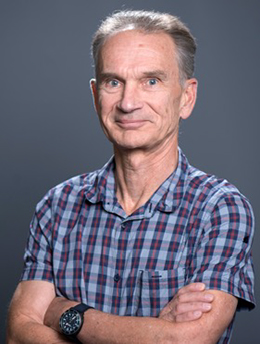 |
Former PI of the group, Bengt Kayser (MD, PhD, PhD) is officially retiring August 1 2021,remaining active as honorary professor and participating in the group's activities. |
- Prof Johan Auwerx, Laboratory for Integrative and Systems Physiology, Institute of Bioengineering, EPFL, Lausanne, Switzerland
- Prof Martin Burtscher, University of Innsbruck, Innsbruck, Austria
- Dr Tadej Debevec, Faculty of sport Sciences, Ljubjana, Slovenia
- Professor Lluis Fajas, center of Integrative Genomics, University of Lausanne, Lausanne, Switzerland
- Prof Jérôme Feige, Nestlé Research-EPFL Innovation Park, Lausanne, Switzerland
- Dr Pierre-Etienne Fournier, CRR Suva, Sion, Switzerland
- Prof Olivier Girard, University of Western Australia, Perth, Australia.
- Prof Erich Gnaiger, Oroboros Instruments, Innsbruck, Austria
- Dr Julien Gondin, Institut NeuroMyoGène, Faculté de Médecine et de Pharmacie, Lyon, France.
- Prof Friedhelm Hummel, UPHummel lab, EPFL, Lausanne, Switzerland
- Prof Bradley Launikonis, School of Biomedical Sciences, The University of Queensland, Brisbane, Queensland, Australia
- Dr Nicola Maffiuletti, Schulthess Klinik, Zurich, Switzerland
- Prof Robert Mallet, University of North Texas Health Science Center, Fort Worth, United States
- Prof Andrew Marks, Department of Physiology and Cellular Biophysics, Clyde and Helen Wu Center for Molecular Cardiology, Columbia University Vagelos College of Physicians and Surgeons, New York, NY, USA
- Prof Lucia Mazzolai, Dr Maxime Pellegrin, Angiology division, Heart and Vessel department, CHUV, Lausanne.
- Dr Julien Ochala, Department of Biomedical Sciences, University of Copenhagen, Copenhagen, Denmark
- Dr Javier Rodriguez-Falces, Department of Electrical and Electronical Engineering, Public University of Navarra, Pamplona, Spain
- Prof Claudio Sartori, internal medicine departement, CHUV, Lausanne, Switzerland
- Dr Gabriel Trajano, School of Exercise and Nutrition Sciences, Queensland University of Technology, Australia
- Prof Håkan Westerblad, Karolinska Institute, Stockholm, Sweden
- Prof Yin Zhang, Beijing Sport University, Beijing, China.

